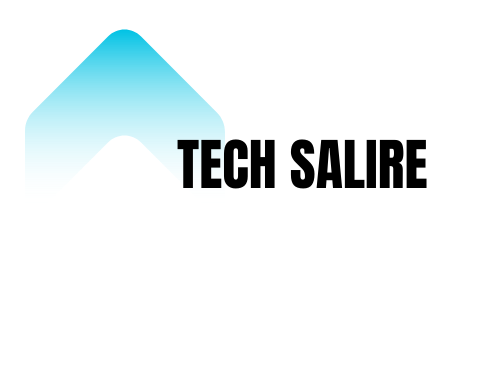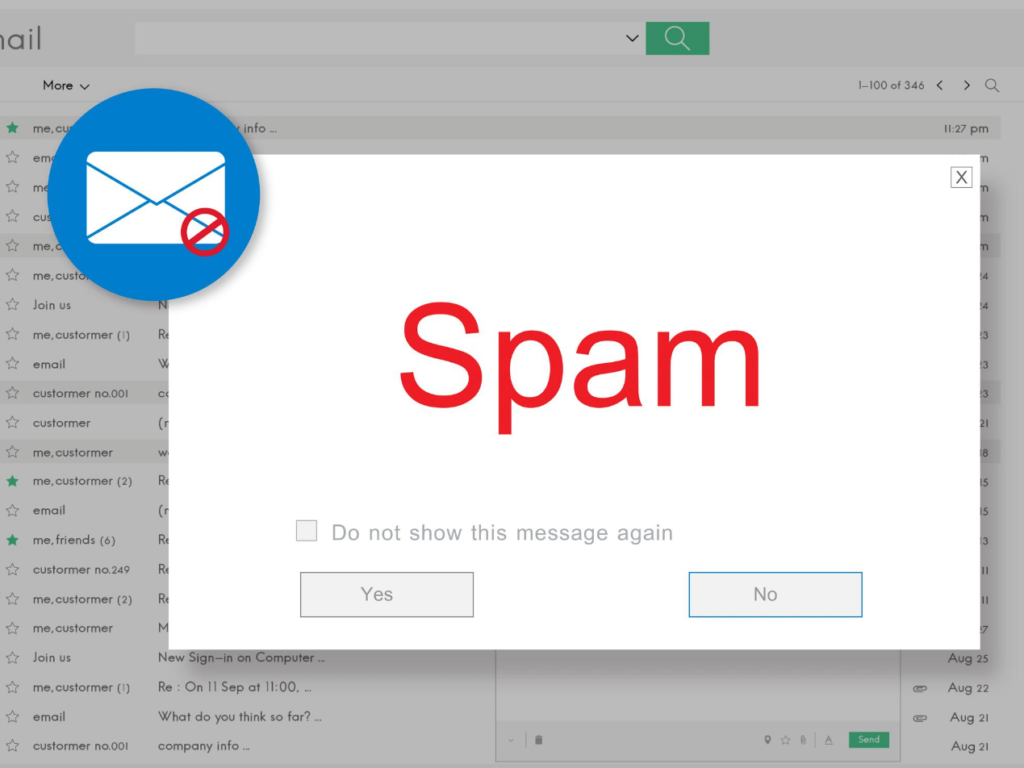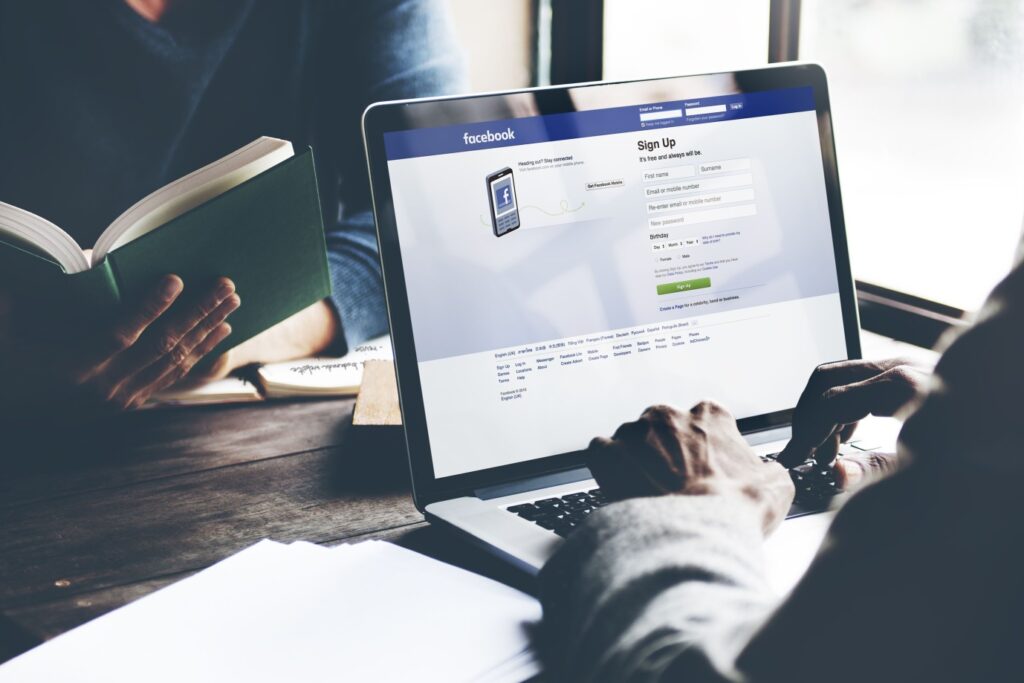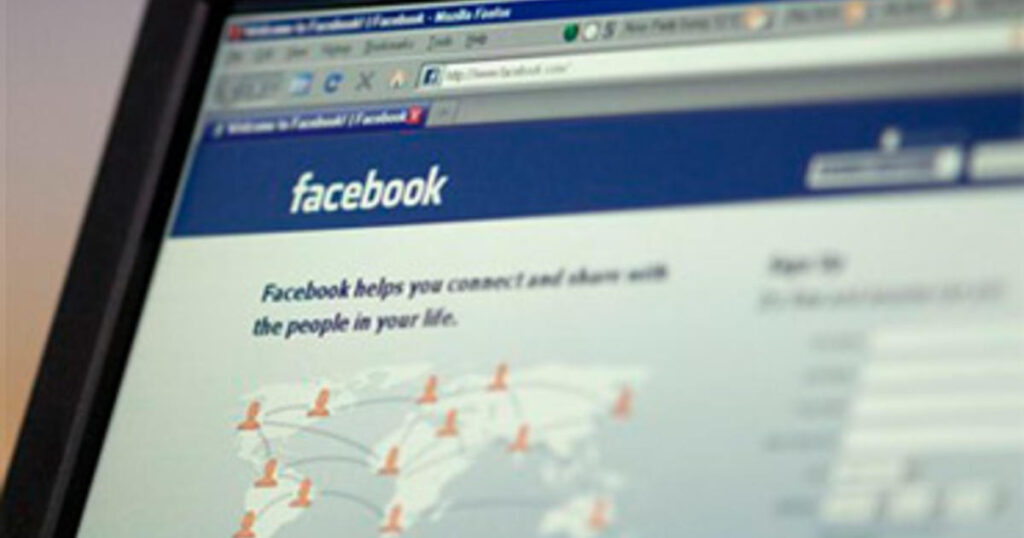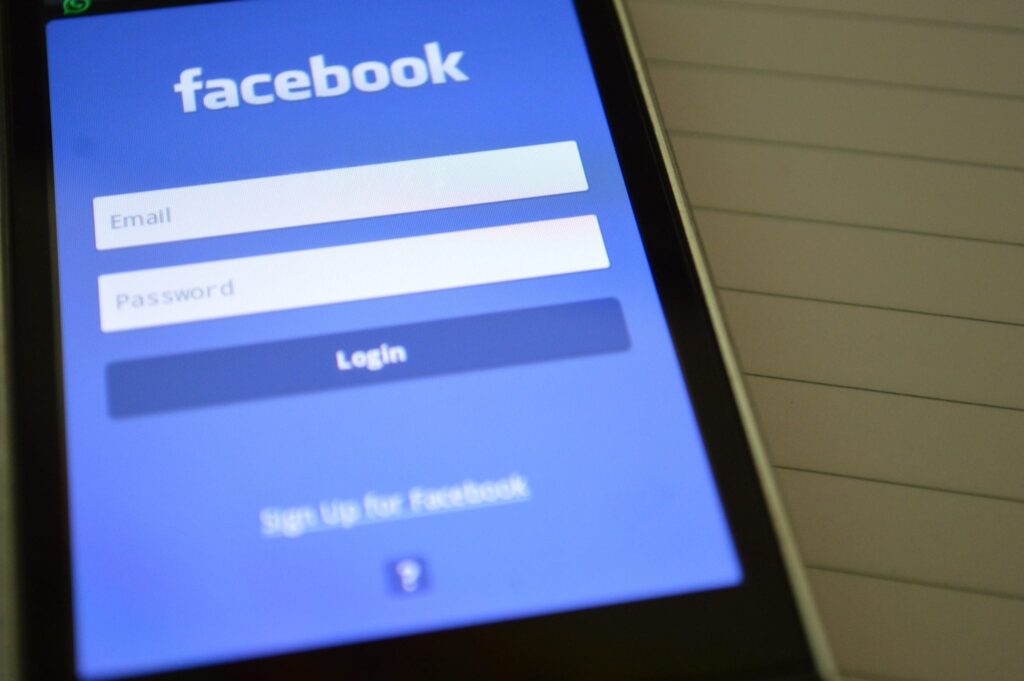
Being an online social platform, Facebook has succeeded in reaching out to a large group of people worldwide. Today, Facebook is considered an established social networking platform with almost 2 billion users. With such a huge user population, the developers are struggling to implement a strict privacy policy that can protect every user from Facebook hack. In the last 5 years, the graph of Facebook hack victims has risen tremendously, and it has not fallen till now. Threat actors are coming up with modern cyber techniques to break the security wall and perform Facebook hack. Nowadays, Facebook became an unsafe platform to save & share personal information.
Tips to defend Hacking
Understanding Facebook is not safe
The first thing to understand before using Facebook is the fact that it is not safe. Even though Facebook is coming up with advanced security policies and privacy settings, hackers are finding it easy to deactivate these protections and gain access to a user’s profiles. In every update, there will be some loopholes or bugs through which the hackers get hold of users’ personal information. As long as hackers exist on Facebook, there will be Facebook hack and identity thefts. Customizing the privacy settings can only secure you to an extent. If you are using Facebook, you are always vulnerable to Facebook hack. So, it’s better to decrease the usage of Facebook and limit yourself from sharing excess personal information on Facebook. Believe that nothing is secure in this cyber world.
Never update anything which you don’t want a stranger to see
Facebook is a mix of known and unknown people. You should never post something which you don’t want a stranger to see. Even if your account is secured and the privacy settings are customized, there are chances that your friend has not secured his account and they have faced Facebook hack. Through them, the hackers could reach you and could leak your personal information. Avoid updating your date of birth, phone number, geo-locations, or other security numbers. This little information could pave way for huge losses.
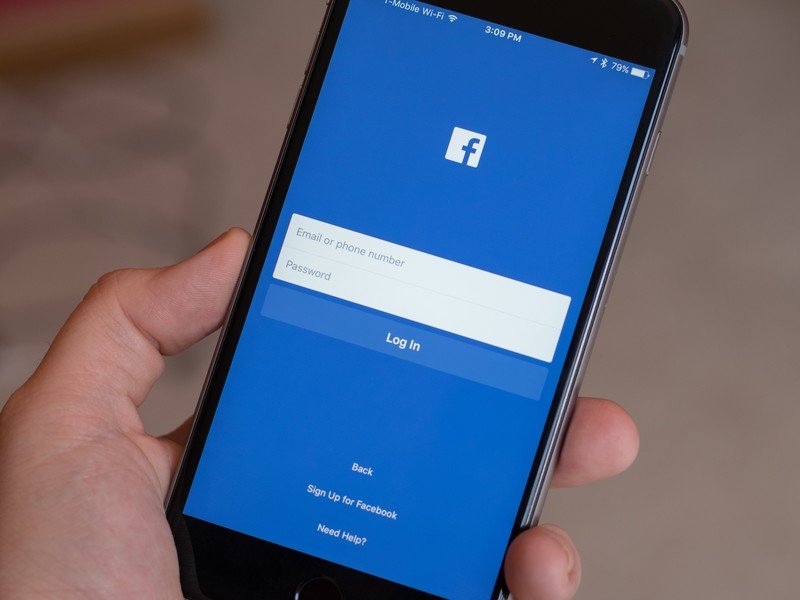
Understand social engineering, the art of hacking Facebook
Social engineering is the method of getting friendly to a person, slowly gaining trust and leaking their personal information. Even though this method takes time, it is used by the threat actors for the successful Facebook hack. This method is used to extract serious information because hackers wouldn’t spend a lot of time on silly information. Social engineering does not require complex tools or scripts, they talk to you in a common way and would not give any clue that it’s a Facebook hack. So next time when someone starts being close to you suddenly be aware!
Check your friends regularly
The biggest sign of a Facebook hack is the unusual behavior of your friends. When your normal friend starts to behave differently, like asking for money, sending links/attachments, make sure you are talking to your friend and not a hacker. There are possibilities that your friend’s account is hacked and the one talking to you is a hacker. If it is a hacker, they won’t reply to all your messages. They just keep on sending you infected links and attachments. In case you open the link believing it to be your friend, the virus hidden in those links will infect your Facebook, leading to Facebook hack. In this way, the hacker gets hold of different accounts through linked hacks.
Try to create a strong password
An easy method towards Facebook hack is by guessing your password with the information you have updated on Facebook. If you have a weak and easily guessable password, hackers can easily access your profile. Try to set a password with a combination of characters, numbers, letters, and special characters. Also, never use the same passwords for multiple accounts because if one account gets compromised, your entire accounts get hacked.
